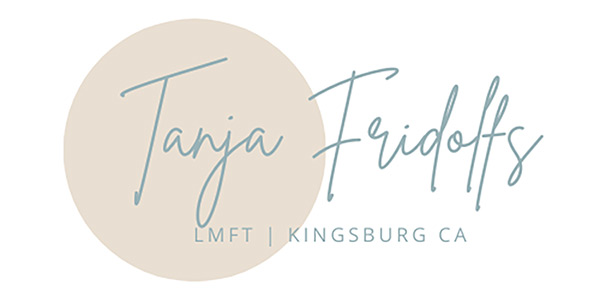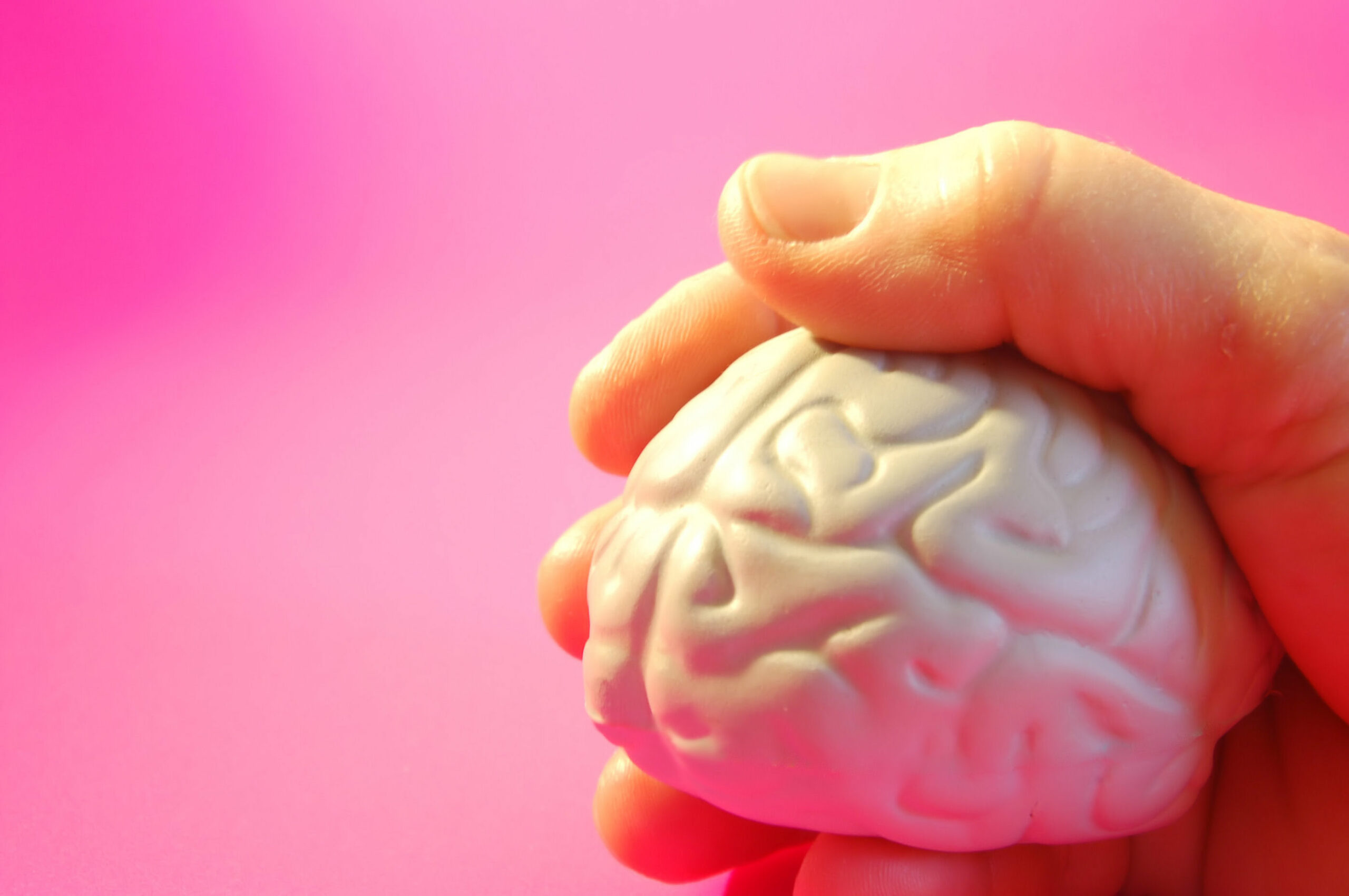ADHD can be challenging. Some days it feels like a hurricane blew through the house while other days it’s sunny blue skies with not a cloud in sight.
The hope is to have more and more “good weather days”. And on stormy days we hope we are equipped with an umbrella and a good pair of rainboots. So, how does a person get more good weather days and how do they know which shoes will work best when it’s raining and difficult to think?
Well, there are several options that can help. These include behavior therapy, parent coaching, school support, medication, and neurofeedback.
With all these options available, why choose Neurofeedback? As listed above, there are several treatment options for ADHD. Each of these options can help families and individuals better manage their ADHD. However, not all the options will work nor are they always the best fit.
That’s where Neurofeedback comes in. Neurofeedback through Myndlift allows us to do an individualized assessment which caters to the uniqueness of your ADHD symptoms and your specific brain waves. This means that we can target the issues that are specific to YOUR brain.
Symptoms can vary from person to person as everyone’s brain is unique. Likewise, symptoms vary among men and women because of biological, sociological, and other factors.
Some of the most common symptoms include:
- Inattention
- Impulsivity
- Hyperactivity
- Distractibility
- Forgetfulness
- Restlessness
- Daydreaming
- Difficulty regulating and control behavior
- Difficulty regulating emotions
- Highly sensitive to noise, fabrics, and emotions
- Hyper-talkative
- Task Paralysis (The inability to start a task no matter how hard you try)
- Executive Dysfunction

Neurofeedback Therapy for Attention Deficit Hyperactivity Disorder (ADHD)
Attention-deficit/hyperactivity disorder (ADHD) is a neuro-behavioral disorder characterized by an ongoing pattern of inattention and/or hyperactivity/impulsivity.
People with ADHD have different brainwave patterns from those who don’t have the disorder.
They often have more theta (slow, mind-wandering waves) activity than usual, and less beta (fast, focused, problem-solving) activity than other people (see “5 Types of Brainwaves” above). Thus neurofeedback therapy for ADHD often aims to increase beta waves and diminish theta waves.
For ADHD, the usual recommendation for a full course of neurofeedback is 20–40 sessions twice or three times a week, with a session duration of 20–30 minutes.
People with ADHD may start to see results after 8–10 sessions, but the full course of sessions is recommended to ensure that results are long-lasting.
What Does Science Say About Neurofeedback for ADHD
ADHD is the most well-studied condition in neurofeedback research. Based on meta-analyses and large multicenter randomized controlled trials (RCTs), two frequency neurofeedback protocols researched for more than 40 years have been shown efficacious and specific for ADHD:
- Theta-beta ratio (TBR) protocol, which aims to decrease theta and/or increase beta power in central and frontal locations. The goal is to reduce the high theta-beta ratios, high theta power, and/or low beta power characteristic of children and adults with ADHD.
- Enhance SMR, which is known to heighten attention and has been applied to improve cognitive performance.
A series of meta-analyses have shown that the standard TBR and SMR protocols improve ADHD symptoms, especially inattention.
Notably, RCTs suggest that 30–40 sessions of TBR neurofeedback are as effective as methylphenidate (a central nervous system stimulant) in alleviating inattentive and hyperactivity symptoms and are even associated with superior academic performance (studies by Duric and colleagues, Meisel and colleagues).
Frequency neurofeedback for ADHD received a grade 1 (‘‘best support’’) rating from the American Academy of Pediatrics in 2013.
If you would like more information or would like to schedule an assessment, please give us a call at (559) 238-7464




Hi My name is Athena and I am struggling with my 14 year old son who was diagnosed with Adhd and is coming to me saying he’s trans. He said he’s only felt like this for a few months. He said he’s confused. I am looking for someone who can help.